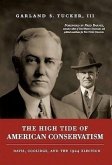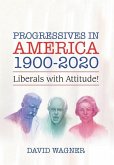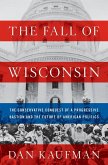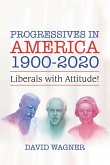In this book, Burton W. Folsom Jr. studies the decline of laissez-faire by looking at the increased government regulation and new restrictions on individual liberty in one critical state: Nebraska. During the progressive era in Nebraska, the critics of laissez-faire promoted intervention in both economic and social life through the issues of railroad regulation and prohibition of alcoholic beverages. The state's major political leaders--William Jennings Bryan, J. Sterling Morton, Gilbert Hitchcock, and George Norris--had to take stands on the issues of railroad regulation and prohibition. The debate over these issues dominated politics in Nebraska through the progressive era. Folsom analyzes Nebraska's major political campaigns, who won or lost and why, and how the state's major immigrant groups responded to the economic and cultural issues.

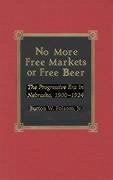
![Record of the Roblin Administration [microform]: 1900-1909: Ten Years of Progressive Government Record of the Roblin Administration [microform]: 1900-1909: Ten Years of Progressive Government](https://bilder.buecher.de/produkte/65/65514/65514798m.jpg)
